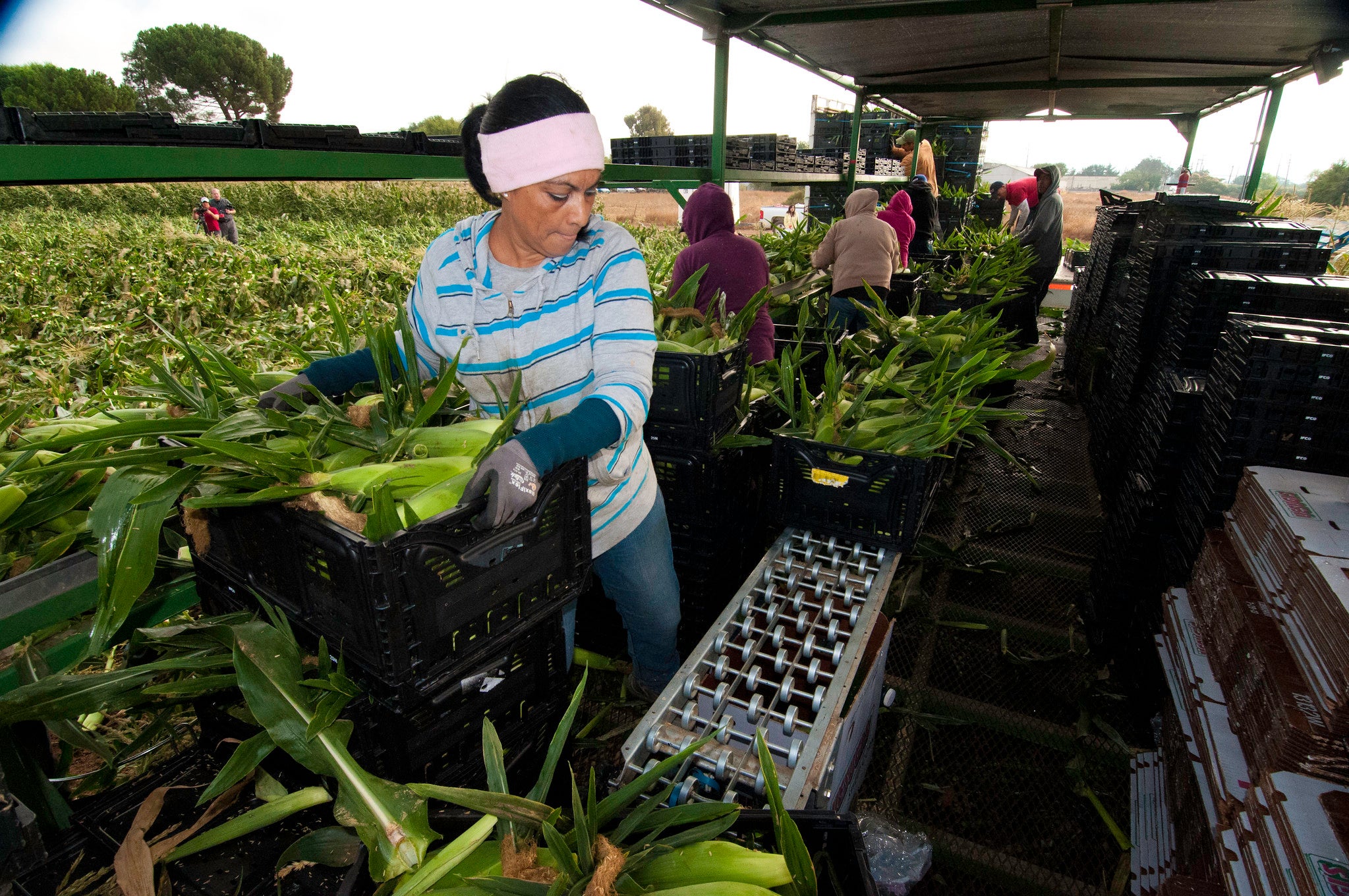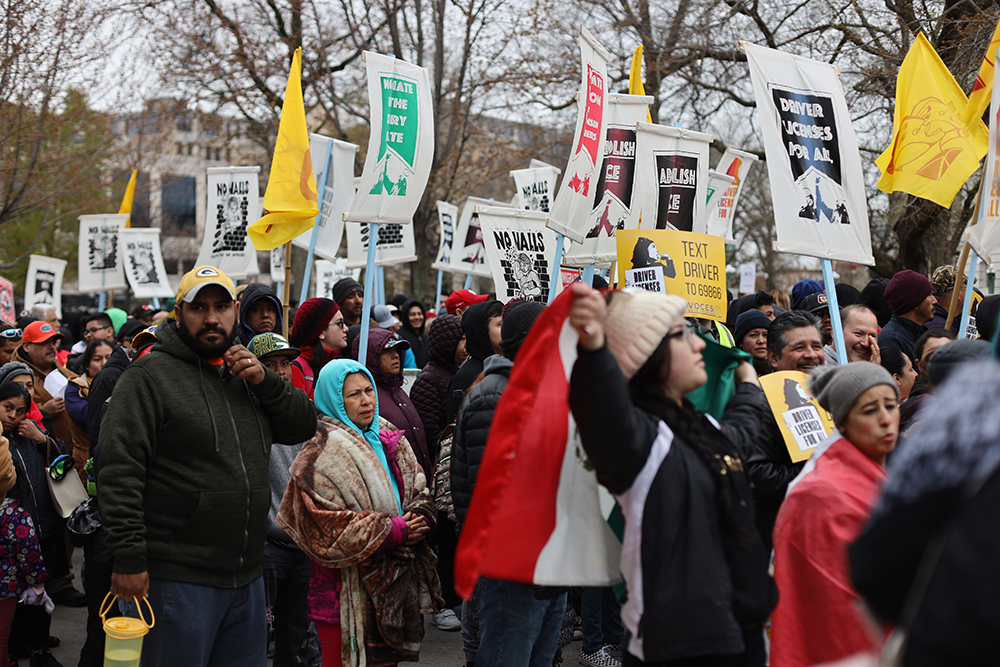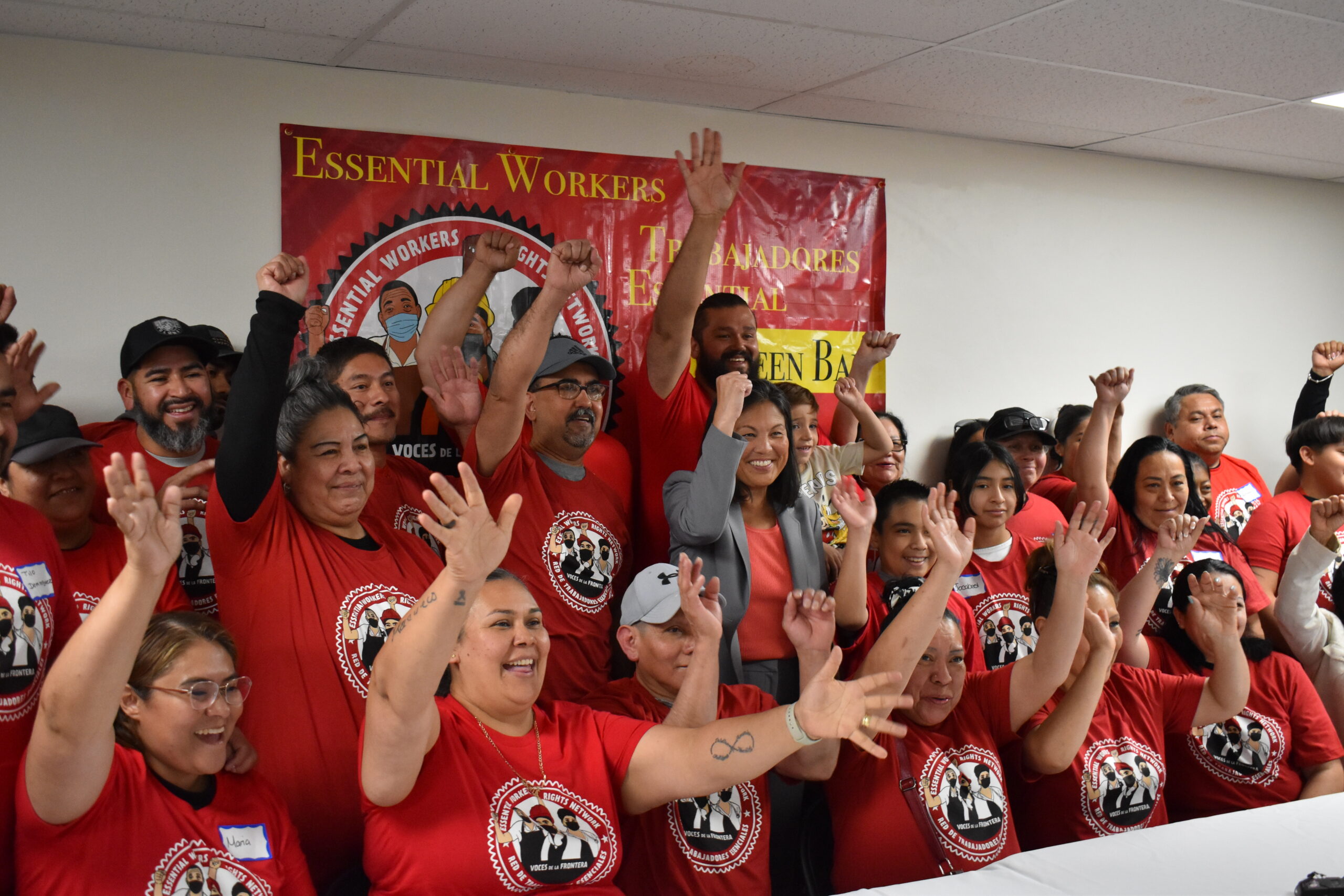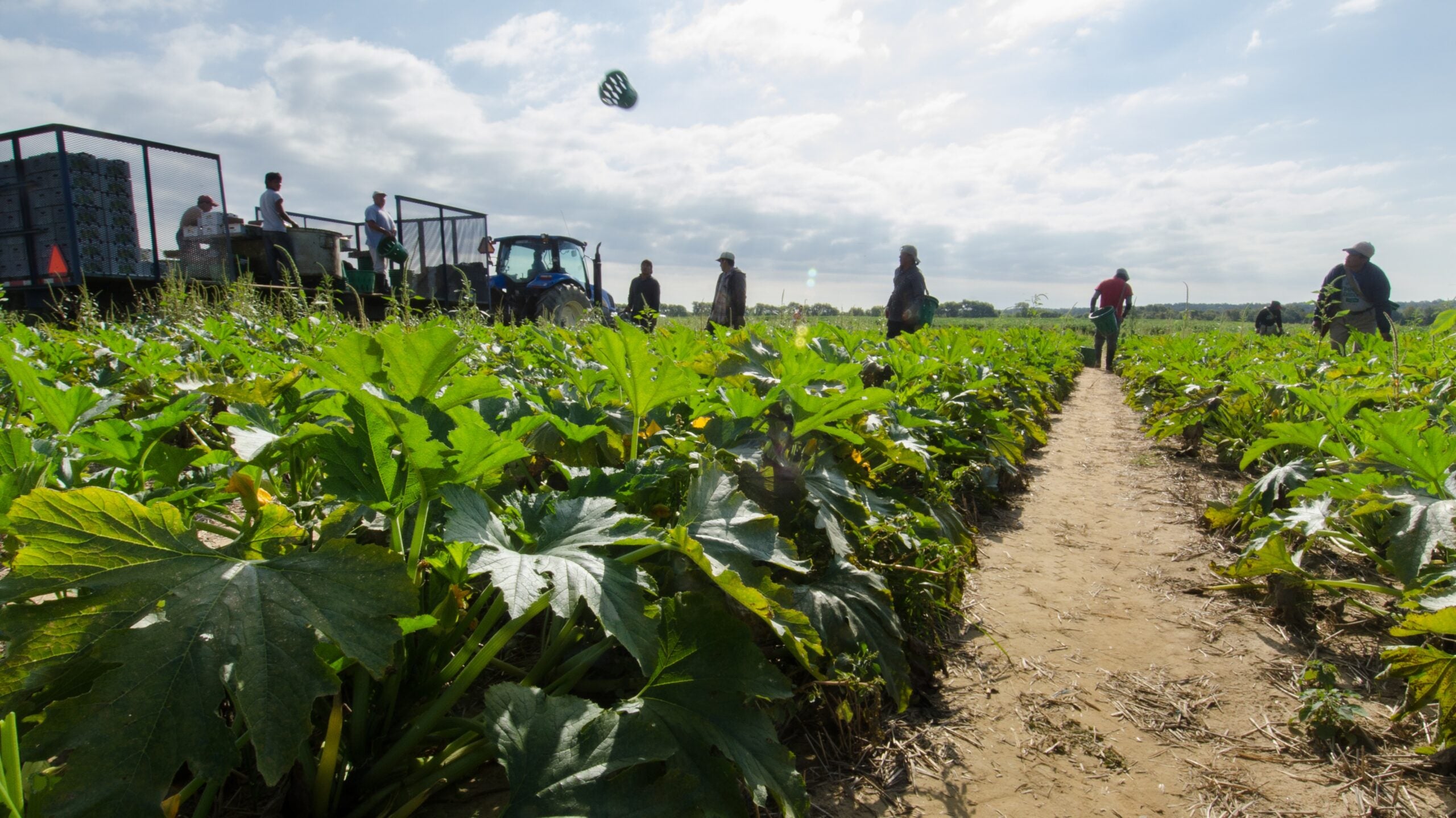Milwaukee-based United Migrant Opportunity Services Inc. recently announced longtime employee Jose Martinez will become the nonprofit’s first new permanent president and CEO in almost 50 years.
The move came after former CEO Lupe Martinez, no relation, took the role of president emeritus on Jan. 1.
Founded in 1965, UMOS has expanded to more than a dozen states with a range of child development, workforce and social service programs for migrant seasonal workers and their families. Jose Martinez has been with the organization for 28 years, and will assume the new position Sept. 1.
Stay informed on the latest news
Sign up for WPR’s email newsletter.
Martinez joined WPR’s “Wisconsin Today” to explain the scope of its programs and reflect on recent protections for migrant workers.
The following was edited for clarity and brevity.
Kate Archer Kent: UMOS operates dozens of programs across 13 states, including here in Wisconsin. What program is making the biggest impact on the lives of migrant farm workers and their families?
Jose Martinez: We have about 54 different types of programs that we offer, and each program does something quite unique and different. UMOS is divided in three major divisions: early care and education, workforce development and social services.
One that comes immediately to mind is our Migrant and Seasonal Head Start program. We operate in Wisconsin, Missouri and south Texas. We serve over 1,800 children and serve a little over 2,000 families —from the energy assistance program that we offer to the human trafficking program, domestic violence program. We also do the Food Farm Worker Relief Program. We’re adding an additional 11 states soon to come with an additional $30 million.
KAK: This year, migrant farm workers in Wisconsin were granted additional heat, health and safety protections under revised rules. Did these make a difference this summer?
JM: Now, being the chair for the Governor’s Council of Migrant Labor, we are excited to be able to work with the Department of Workforce Development collectively in looking at various areas in terms of how we can improve the lives of farm worker families.
Our goal, as well as the DWD’s goal, is to ensure that there are no needless deaths occurring as a result of exposure to heat. So certainly, the plans that have been put in place, the revisions of the heat policies, were excellent. The heat illness prevention plan that was put in place ensures that we are taking care of our farm workers.
When we’re looking at perhaps temperatures exceeding 80 degrees, having shade or available shade, it only makes sense to protect the worker. When we’re talking about ensuring that individuals are consuming enough water, making sure that there’s enough water per employee, at least one quart of water per employee per hour, those are things that really make sense to protect our workforce.
KAK: Has the word gotten out to seasonal farm workers about these new protections?
JS: Definitely. We have great partners at the table from Legal Action of Wisconsin. We have La Clinica, which is now Noble Clinics.
One of the things that we do, we want to be absolutely sure that our workers are aware of these changes and regulations and the requirements. In many instances, there are also requirements for workers. If they work in the food packing or food processing industry, they’re required to do these orientations. That orientation requirement in some of these industries ensures that our agricultural workers and farm workers are aware of these regulations that are available for them. It actually protects them. That’s what we want to see — protection for our workers.
Wisconsin Public Radio, © Copyright 2025, Board of Regents of the University of Wisconsin System and Wisconsin Educational Communications Board.




